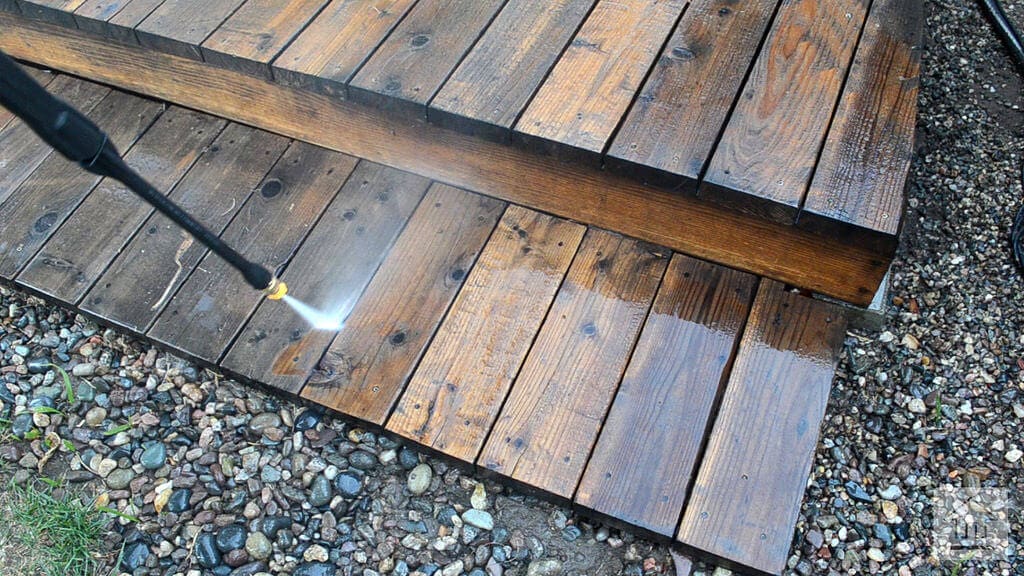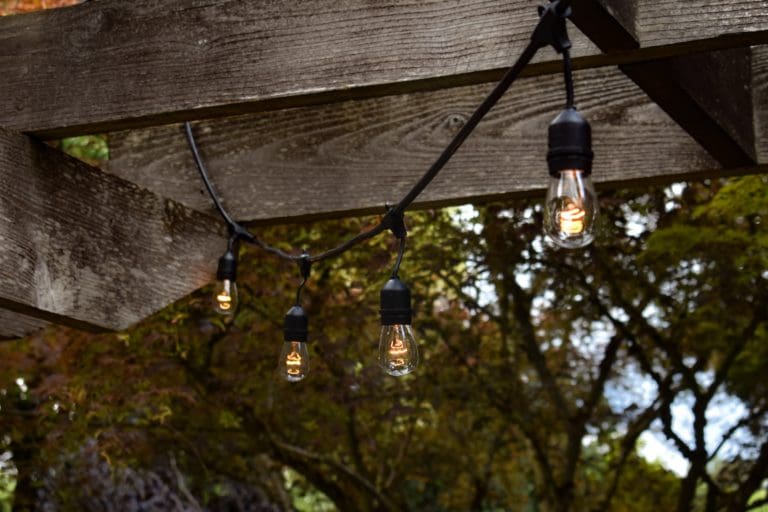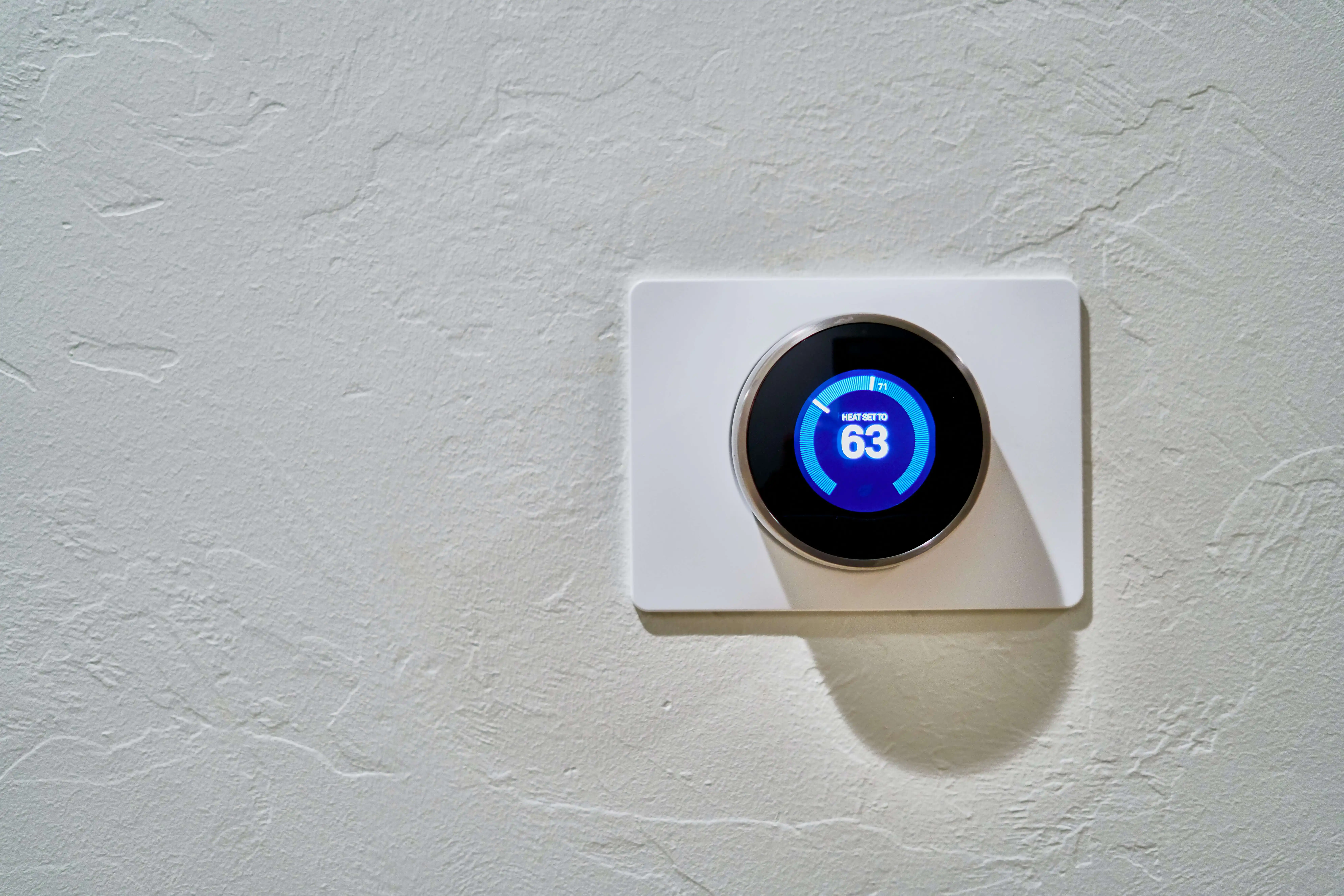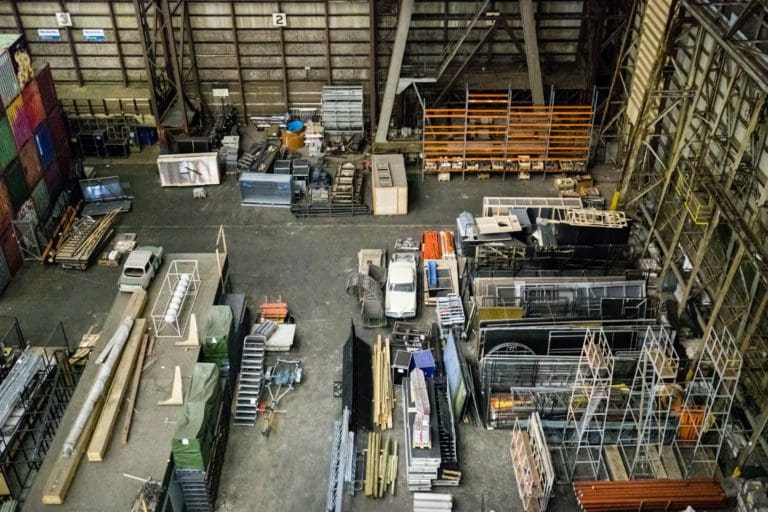A pressure washer provides you with an environmentally friendly solution to a number of difficult cleaning tasks. There are two types of pressure washers. The domestic electric models that populate mostly garden sheds and the heavy duty models that are normally operated with the help of petrol or diesel.
- How does a pressure washer work?
All pressure washers work making use of the same basic principles. Water is taken into the machine and then pumped and forced through a small nozzle at the end of a handheld lance. The nozzle offers resistance, and that leads to a buildup of pressure. The pump is so designed that it continues delivering the water at a high pressure and that offers you an effective cleaning tool.
- Choosing a pressure washer
The basic step is to decide exactly what you need the pressure washer for and to identify the cleaning tasks you are likely to have. If you need a machine just for washing your car, then you won’t be needing the same performance as a machine designed for cleaning large areas of paving.
There are two important factors when it comes to considering the performance of a particular model, pressure and flow rate:
- The pressure determines the force at which the water leaves the nozzle. It is measured in PSI or pounds per square inch
- The flow rate determines the quantity of water leaving the nozzle. It is measured in LPM or liters per minute
Compare a pebble hitting a fence at 50 mph and a brick hitting the same fence at the same speed. Which would cause the most damage? The same principle applies to the cleaning performance of pressure washers. High pressure is of no use without adequate quantity or weight of water. For the best results, you need a good flow rate combined with adequate pressure.
- Electric pressure washers
If you want a pressure washer for a range of household tasks, for example, cleaning the patio, driveway, walls, garden furniture, bins, etc., and you also want it to last, you should look for a machine with a flow rate of minimum 8 litres per minute or 500 litres per hour, combined with a pressure of around 120-140 bar (1740-2000 PSI). Anything less than this will make bigger cleaning tasks slow and frustrating.
A majority of the cheap domestic models are specially designed for using occasionally. The typical lifespan of these machines is usually less than 50 hours use, and the cost of any major repair will most probably be more than the initial cost of the machine. They are throw-away machines.
However, if your main priority is cleaning your car, then power and prolonged use are not big considerations. You can easily go for one of the cheaper models, but don’t expect it to clean your driveway and patio each spring and last very long.
- Petrol powered pressure washers
For the contractor or the property owner who needs something a little more robust, then the most appropriate option is a petrol or diesel powered pressure washer. They are designed for more regular use than most of the electric models, and they even offer far more in the way of cleaning efficiency. Pressure washers that use petrol have got the advantage of not being connected to the electrical mains and that means one can make use of them in all weather conditions and the working range is limited only by the length of the water supply hose.
While you consider petrol powered models or petrol water blasters, you should pay close attention to the flow rate of the machine. You will need to test the flow rate of your mains water supply in order to make sure it can keep pace with the flow rate of the machine. Simply run the outside tap into a container for 60 seconds and measure the quantity of water delivered. This will tell you the flow rate of your mains supply.
This was your complete guide on choosing a pressure washer system. Hope you find this read informative and helpful.












